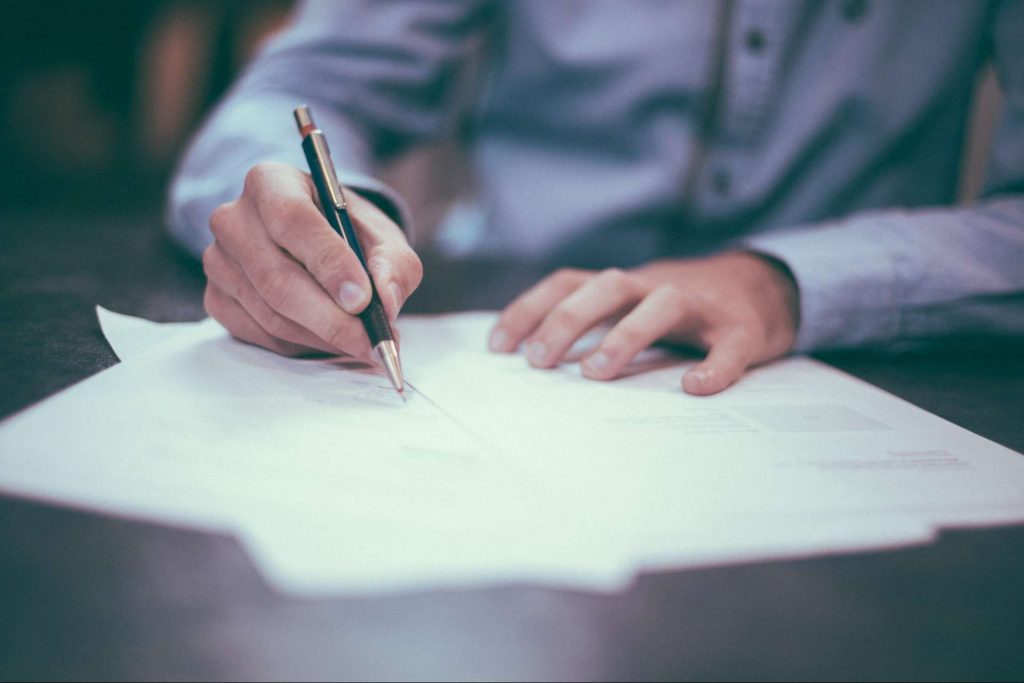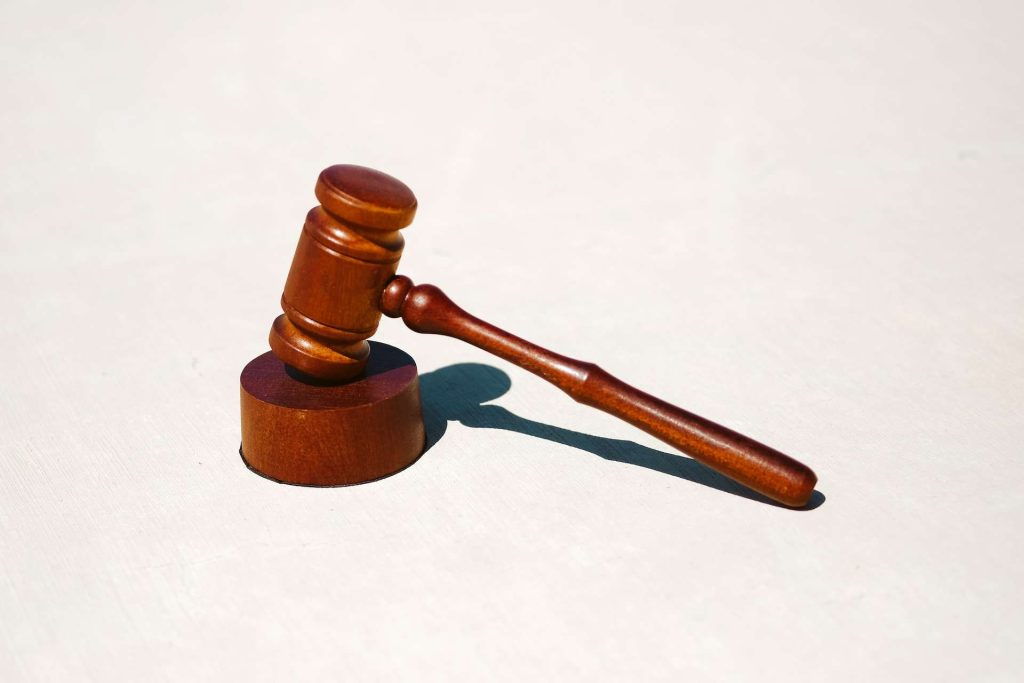If you were harmed in an accident caused by another person’s negligence, you may be liable for compensation for your medical bills and other damages. But following a personal injury lawyer Roanoke VA, on the other hand, might be difficult because the state has some of the tightest laws and rules in the country.
In this post, we will define personal injury law, discuss the laws and penalties for personal injury in Virginia, and explain when and why you should consult a lawyer.

What is Personal Injury Law?
Personal injury law is the area of law that deals with civil lawsuits for injuries or damages caused by the wrongful conduct of another person or entity.
For example, car accidents and injuries caused by bites like a dog puncture wound. Personal injury law aims to hold the responsible party accountable and compensate the injured party for their losses, expenses, and others.
Don’t forget to get travel insurance for your trip—get coverage for:
• Medical emergencies
• Stolen or lost goods
• Canceled flights and more
I’ve been using VISITORS COVERAGE for years and highly recommend it!
Types of Personal Injury Cases
There are many cases where this law is applicable, but following the primary definition, we can safely that personal injury cases can arise from a variety of situations, such as:
- Car accidents
- Truck accidents
- Motorcycle accidents
- Bicycle accidents
- Pedestrian accidents
- Slip and fall accidents
- Medical malpractice
- Defective products
- Workplace accidents
- Nursing home abuse
- Assault and battery
- Wrongful death
What are the Laws and Penalties for Personal Injury in Virginia?
Virginia has some of the country’s most complex and strict laws for personal injury cases. Here are some of the most important ones to know:
Statute of Limitations
The statute of limitations is the time restriction within which an affected individual must file a lawsuit against the defendant. The statute of limitations in Virginia for personal injury cases usually is two years from the day of the injury.
However, there are some exceptions and extensions that may apply depending on the circumstances of the case. For example, suppose the injured person was incapacitated. In that case, the statute of limitations may be paused until the injured regains capacity.
If the affected person fails to file a lawsuit within the statute of limitations, the court will dismiss the case, and the affected person will lose their right to seek compensation.

Contributory Negligence
Contributory negligence is a law tort that the defendant can raise to avoid liability for the person injured. Under this defense, they can argue that the affected person was partly or wholly at fault for their injury. Therefore, the defendant is not responsible for paying any damages.
This rule can be harsh and unfair for the affected person, as they may end up with nothing, even if the defendant was primarily at fault. But it’s an excellent way to avoid those seeking compensation while putting themselves in danger.
Damages and Caps
Damages are the monetary compensation the affected person can recover from the defendant for their losses. In Virginia, there are two types of damages: compensatory and punitive.
Compensatory damages: are intended to make the affected person whole again by covering their losses. Those can be divided into two categories: economic and non-economic. The monetary damages are the quantifiable losses like medical bills, while non-economic damages are the subjective losses like suffering and pain.
Punitive damages: is intended to punish the defendant for their conduct and prevent others from engaging in similar behavior. These are not awarded in every case, but only in cases where the defendant acted with willful and no remorse for the rights and safety of other people.
There are no caps on compensatory damages in Virginia, except in medical malpractice cases.
When and Why Should You Speak to a Personal Injury Lawyer?
If you got injured in an unfortunate incident caused by someone else’s negligence, you may wonder whether you need to speak to a personal injury lawyer.
The answer is yes; you should call and book an appointment with a lawyer dedicated to this matter as soon as possible after the accident. I’m sure they will help you decide whether they can proceed.
Here are some of the benefits and reasons why:
Benefits of Hiring a Lawyer
- Protect your rights and interests against the defendant and their insurance company
- Investigate the accident and gather evidence to prove your claim
- Calculate the full range of your injuries and demand fair compensation
- Negotiate a settlement or take your case to trial if necessary
- Handle all the legal paperwork and procedures involved in your case
- Provide you with professional advice and guidance throughout the process

What to Expect from the Legal Process
The legal process of those cases can vary depending on the facts and circumstances of your issue, but it generally involves the following steps:
- Consultation: You meet with the lawyer to discuss your case and decide whether to hire them.
- Investigation: The lawyer investigates the accident and gathers evidence to support your case.
- Demand: The lawyer sends a demand letter to the defendant and their insurance company, stating the facts of the case, the defendant’s liability, the damages, and the amount of compensation requested.
- Negotiation: The lawyer negotiates with the defendant to reach an acceptable settlement for both parties. The case is resolved if the affected person receives the agreed-upon amount.
- Litigation: If a settlement is not reached, the lawyer files a lawsuit in court and initiates the litigation process. This may involve discovery, motions, hearings, mediation, and trial.
Conclusion
Personal injury is a complex and challenging area of law that requires the expertise and assistance of a lawyer. If you have been hurt or injured, you should know the rules and penalties for your case and when and why you should speak to a lawyer.
A lawyer can help you protect your rights, prove your claim, and get fair compensation for your losses. However, you need to act quickly since the legal process of a case can be long and complex.
Disclosure: This blog post may contain affiliate links, which means that I may receive a commission for any purchases made through the links. Your trust is important to us, and we ensure that all products or services we recommend meet or exceed our editorial standards.
The post Personal Injury Law: What You Need to Know appeared first on Travel Experta - Travel, Lifestyle, Freedom.
------------------------------------------
Title: Personal Injury Law: What You Need to Know
Sourced From: travelexperta.com/personal-injury-law/
Published Date: Wed, 15 Nov 2023 22:57:30 +0000
Did you miss our previous article...
https://consumernewsnetwork.com/travel-news/weekend-trip-hacks-for-the-savvy-traveler-in-cuba






